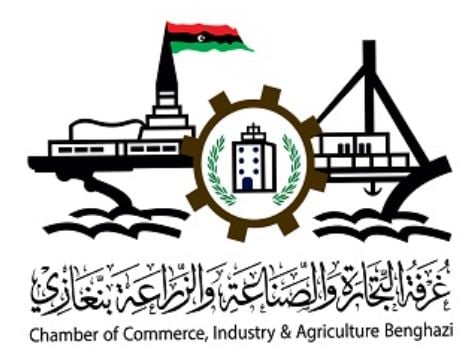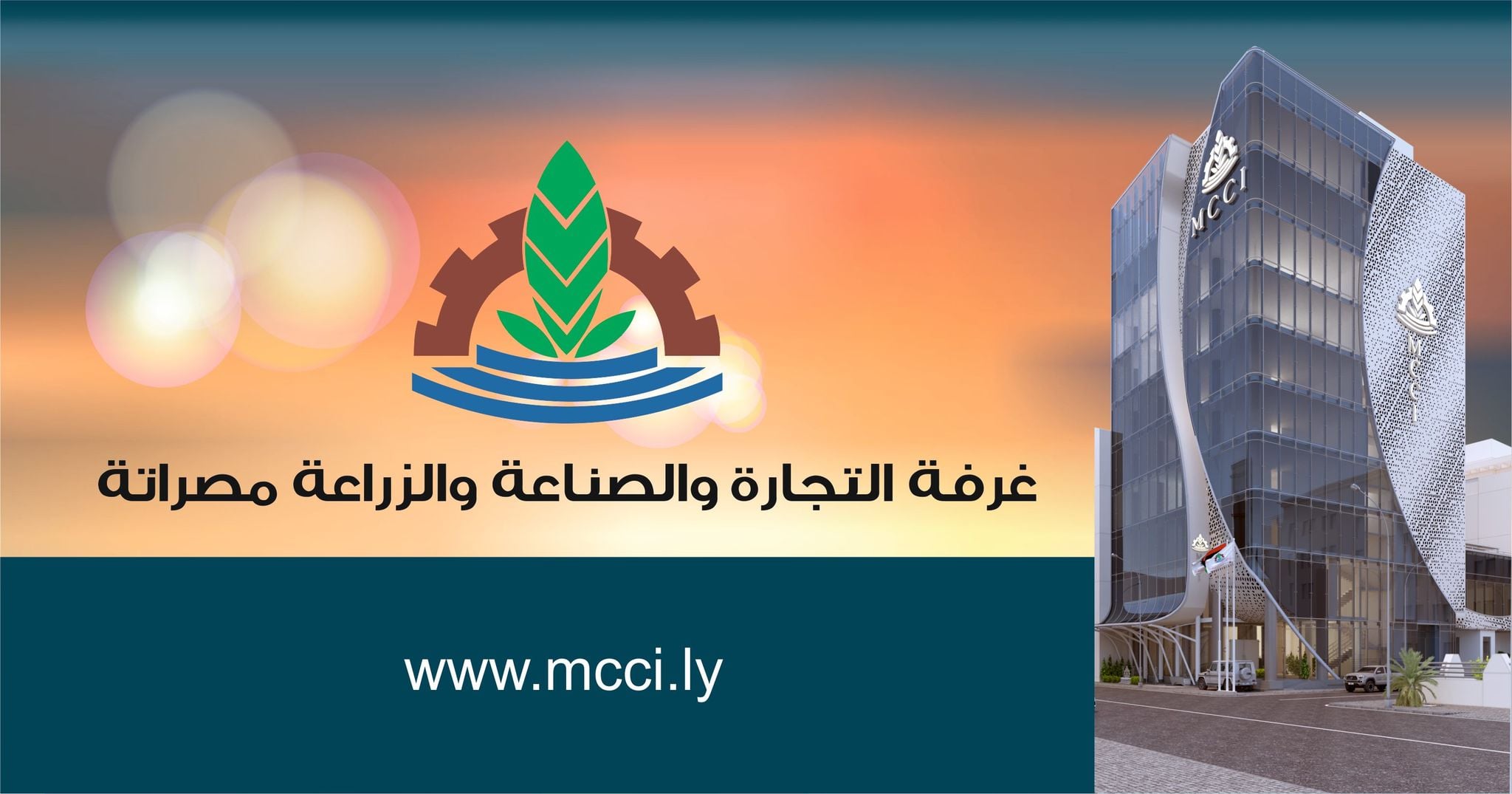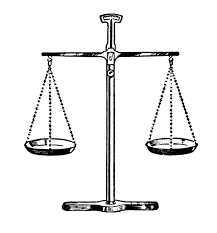Representative some 35 German companies and a number of Libyan businesses took part in a three-day German-Libyan forum from 27 February . . .[restrict]to 1 March in Tripoli. The event was organised by the Hamburg-based German African Business Association (Afrika-Verein der Deutschen Wirtschaft).
The association has been holding similar events in Libya for the past 20 years, but this was the first since the Libyan revolution.
Most of the German companies participating have long-standing involvement with Libya, according to the coordinator of the forum, Katrin Laskowski. However, there were some newcomers, mainly in the healthcare sector.
“There is a new [German] interest in Libya”, she said. Even those who were well established in Libya were adopting new strategies since the revolution, she added, in particular a new focus on training.
Last year, when the forum went to Benghazi, Germany’s lack of support for NATO action against the Qaddafi regime was an issue and there was graffiti on the subject. It is no longer appears to be an issue, Laskowski believed. “It’s now past,” she said. “We don’t feel it anymore.” On the contrary, she added, “Germany is now the most favourite partner [in Libya]”. Libyans were going for quality.
Asked if there was now firm growth in trade between the two countries, she said that it still early days. “It’s getting better but it is still not at the level before the revolution”.
The German companies present at the forum are involved in all sectors — energy, healthcare, industrial technology, services, engineering, construction and machinery.
Among the speakers at the event on Tuesday at Tripoli’s Corinthia Hotel were the German Ambassador, Rainer Eberle and Hadi El Ghariani, advisor to the prime minister. On Wednesday, the participants met with Almahdi Alamin, undersecretary at the health ministry.
German exports to Libya in 2011 were down 66 percent at €324 million from 2010’s €953 million. However, in the last two months 2011, they had climbed to €131 million. German imports from Libya (98 percent petroleum) fell by 36 percent to €2 billion in 2011. [/restrict]









